Get a best value annual BarefootRoar subscription to keep up to date with innovative new digital content throughout 2024
Worldwide Roar is now BAREFOOT MAN! Learn more
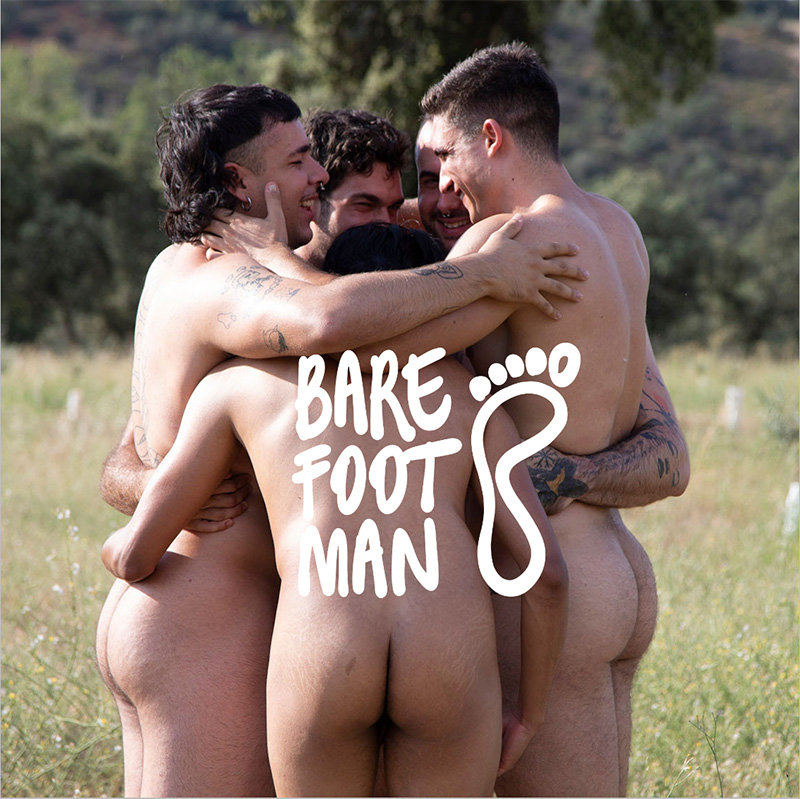
Stay up to date with our latest news, competitions and offers. We look forward to staying in touch.
On behalf of everyone at Barefoot Man, I want to welcome our new members on the Talking Barefoot WhatsApp channel. We hope this will offer all of us a better way to talk to each other than through mail shots and social media.
We want this channel to become a community of people who are interested in the goals of Barefoot Man.
Friday 1 December was World AIDS Day and the United Nations theme for the response to the HIV pandemic over coming year is “let communities lead”. I will come back to the relevance of World AIDS Day to what we are doing at Barefoot Man, but first of all I want to thank those of you have already joined our WhatsApp channel. We are still getting the hang of how this is going to work, and we want you to be actively involved in helping to figure that out.
We are starting with the ambition to make this a space where our creators, our guest contributors, our participants and our followers can discuss the most urgent we face and how we can address them. We are all people who have been affected by rules of masculinity that determine who men can be. We know these rules affect everyone. We don’t have to agree on everything, but I hope we can work together to make this a place where we can breathe without inhaling the toxic fumes of social media.
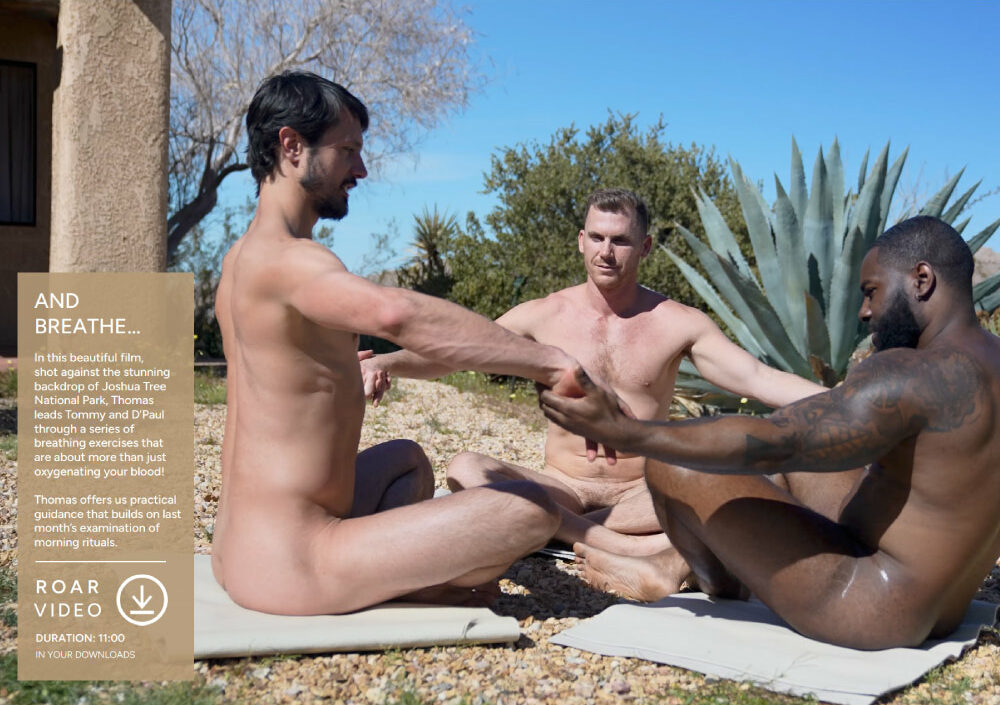
As society changes, there are people who will lead that progress. I like to think that those of us who work for, undress for, fund and contribute to Barefoot Man are part of that movement. We have faced a lot of challenges over the years – from institutions, from prejudice and let’s not forget Covid! But we have kept going because we believe that fighting for healthier masculinity is a battle worth having. We must ensure that we are both seen and heard.
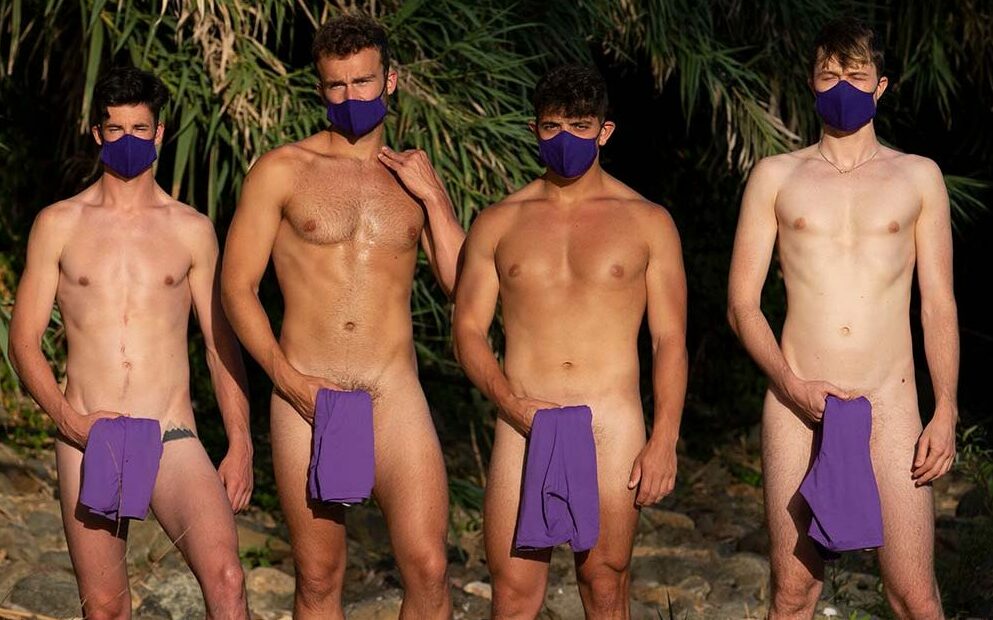
We will always face people who want things to stay the same. Right now, we are facing many voices in a battle over the definitions of masculinity. I have been involved in these battles before, which brings me back to World AIDS Day.
I spent many years working in the UK response to the HIV epidemic. I started as an administrator, became a health educator and helped to set up the UK’s for non-governmental health promotion programme for men who have sex for men. In my spare time I worked as a massage therapist in the AIDS wards of a major London hospital. These were people who were never going to get better. For them, massage was not about supporting their muscles. Many had very little muscle left. For them, the point of my therapy was to provide an affirmation that they were still alive and could still be touched.
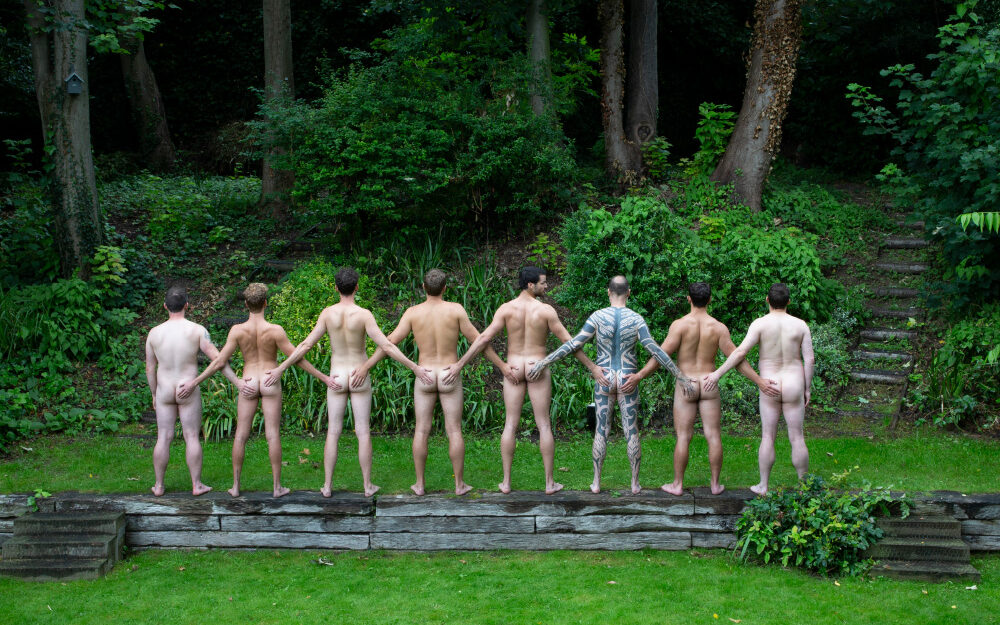
That memory has stuck with me. It was an extreme example of something that the Barefoot Man project has helped to see over the many years since it started out as the Warwick Rowers calendar: there many men who need to feel more alive and better able to receive touch. It is just one example of how my experiences in the HIV epidemic taught me pretty much everything I know.
One of the most important things I discovered is that marginalised people have the clearest vision of the change we need to see. They need to speak up, because they are not alone. There are allies outside those communities who will hear them, and who will join them.
Eventually, I decided to speak up by revisiting my experience as a queer kid who felt marginalised and traumatised in the gender-bound, patriarchal world of school sport. I picked up a camera for the first time in my life and, if you’ve made it to this blog post, you may already know the rest.
The short version of the story is that I asked men to get naked in front of my camera, and to my surprise they did. All sorts of men, including a group of young rowers at an English university. It was a strange experience for me to find myself back in the world of sport in education, and I think meeting a queer man like was a very novel experience for the rowers, too! We found out a lot about each other. When we shared our experiences (and of course our films and images) with a growing number of supporters, the response helped us to make a commitment.
We started by mounting a challenge to homophobia in sporting culture, and have honed that initial ambition over many years into a greater goal: to rewrite the rules of masculinity.
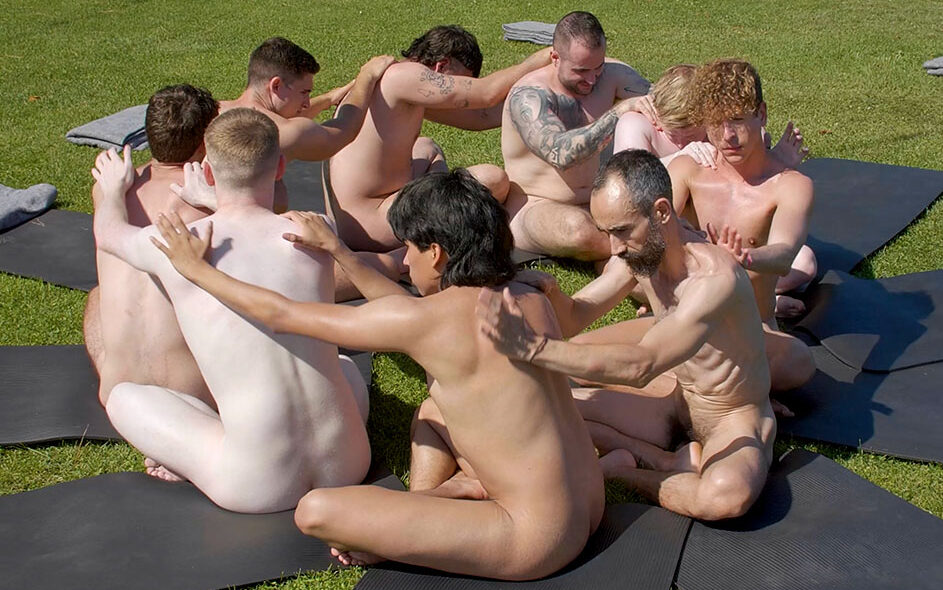
What I do in this project is only possible because, to use a popular if controversial expression, I got radicalised. There came a point where I felt I had done everything I could in relation to HIV. I was not among those who had paid with loss of someone truly close or with my life. I needed to find a more deeply personal way to commemorate and show respect for the ultimate sacrifice that many people have made.
This project was me exploring my own personal trauma rather than advocating on behalf of others, but I could not have made it personal if the injustice I saw in the response to HIV had not made it political first. I had to understand the way in which I had been personally marginalised within sport and why my response to that needed to be heard.
My journey brought me right back to advocating for others, but this time by confronting and reflecting on my own trauma. I quickly discovered that others shared my trauma as gay men who had ‘failed the masculinity test’ in school sport. I also discovered that many straight sportsmen were horrified to hear of my experience. For them, sport had been their road to self-discovery, self-confidence and a map for life. We realised that sport – and the rules of masculinity – needed to offer more consistently healthy outcomes for ALL men.
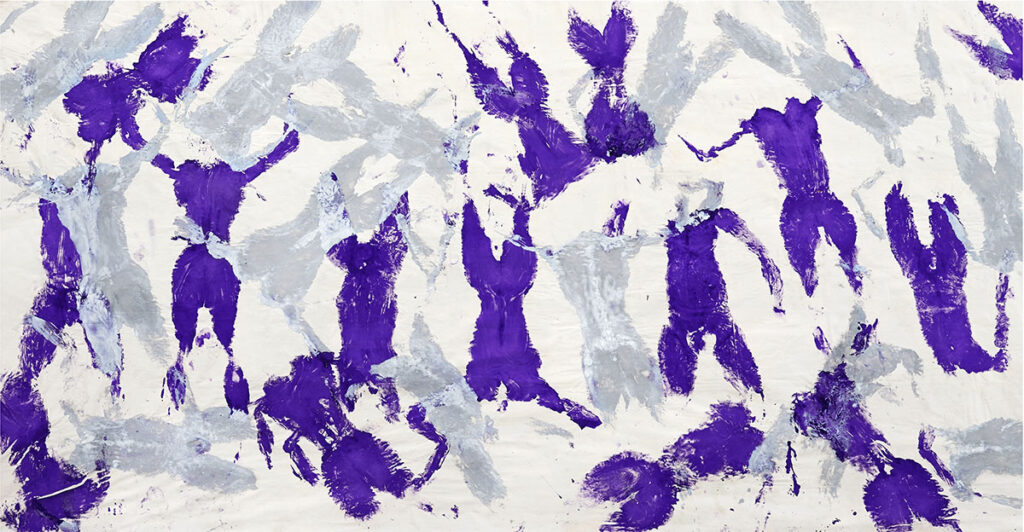
Like every catastrophe, HIV has brought a lot of destruction and heartache to the world, but also learning that has created a legacy of progress. That includes understanding the importance of community engagement in how the world is run.
One of many things I have learned over the lifetime of this project as Warwick Rowers, Worldwide Roar and now Barefoot Man is how fragile our freedoms are. The enemy is always at the gate. There was a time, as we began to triumph over the HIV epidemic in the Western world, where the future looked bright. The enemies of change stopped shouting, or perhaps stopped delivering a message that people wanted to hear.
I now see they were simply regathering. Increasingly, I hear them banging on the gates. You know who I am talking about. They are on YouTube and social media, and they are seeking to own the definitions of masculinity, and set the rules for everyone.
They want to scare us and then invade, because this more than noise. It is an attempt to break down our gates, trample on our freedoms, and force those of us who not fit the traditional rules back into hiding.
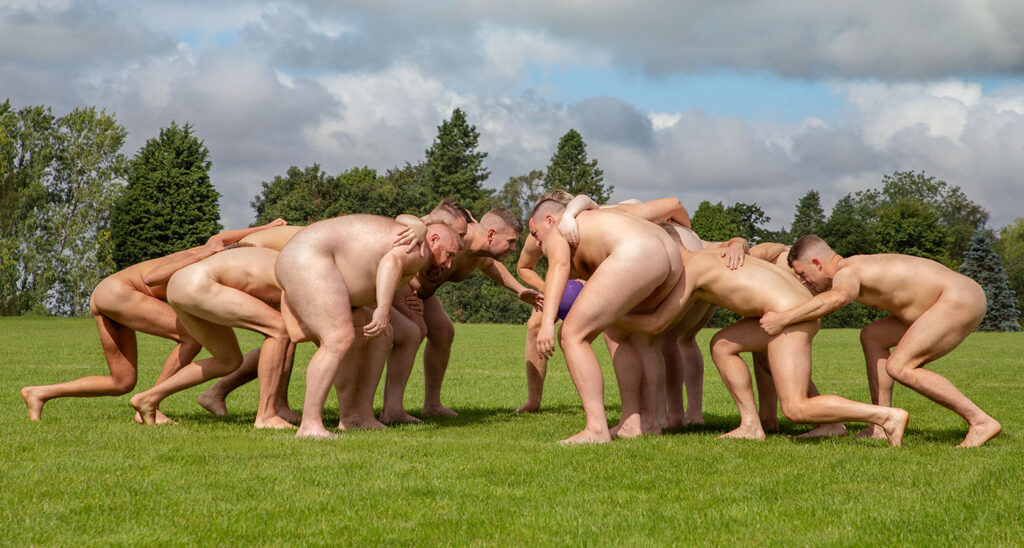
As the UNAIDS organisation has noted in its statement for World AIDS Day 2023:
“Communities are being held back in their leadership… crackdowns on civil society and on the human rights of marginalised communities, are obstructing the progress of HIV prevention and treatment services. If these obstacles are removed, community-led organisations can add even greater impetus to the global HIV response, advancing progress towards the end of AIDS.”
In my own lifetime I have seen how quickly we forget the lessons of war. The lessons of the war in which I and many others fought ignorance in governments, in the media and in the wider communities where we live must not be lost.
Every day in this project, I remember the people in communities most affected by HIV who died in silence and in darkness. Their legacy is that many of us who have gone unseen and unheard can stand in the light and speak today. We must not let them down.
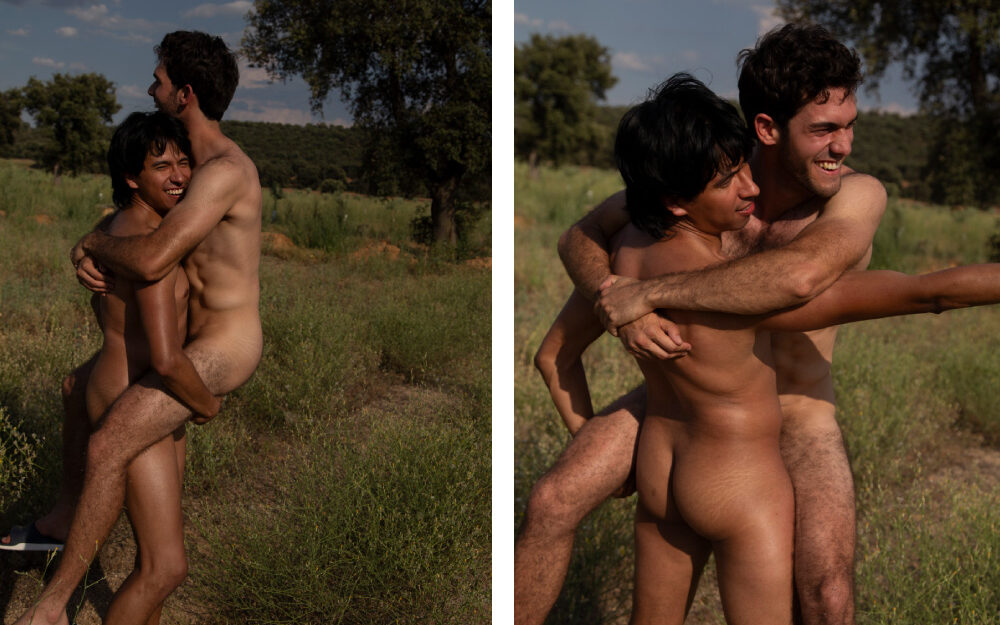
Many in our Barefoot community have lost people, and some of us around the world are right now losing our freedoms. We must not lose hope. As men, as allies, as people whose life chances have been limited by rules that are no longer fit for purpose. We are a community. It is our responsibility to lead.
Angus Malcolm
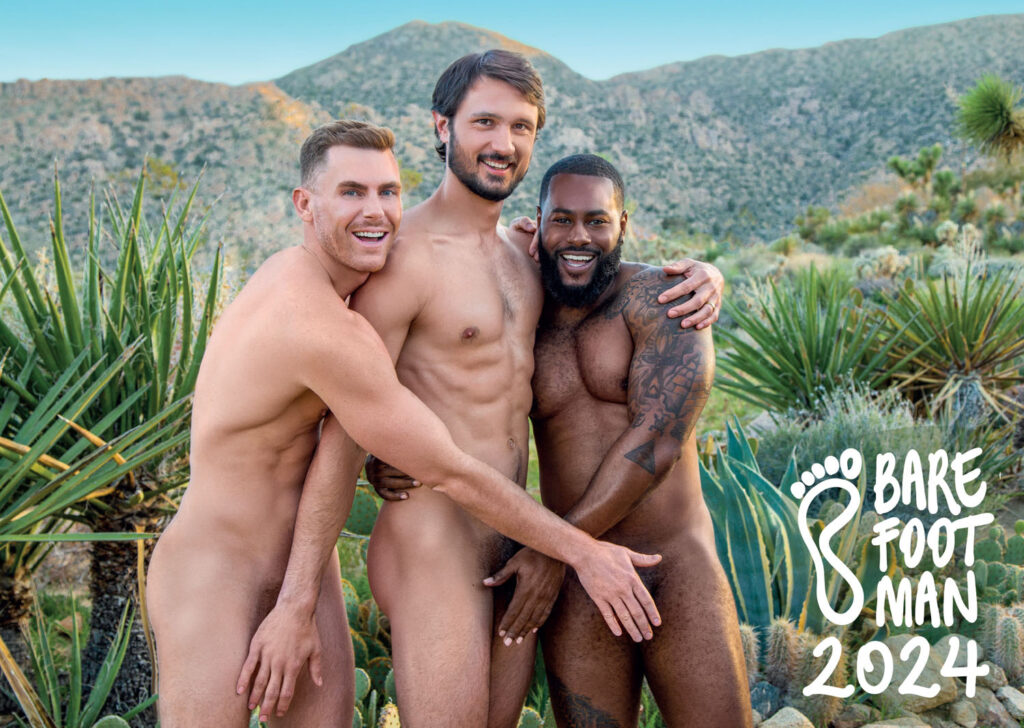
It’s nearly 2024 and it’s not entirely clear how the 2020s are going to go. Is there still time for them to live up to the social radicalism at the heart of the OG party decade? Let’s hope so!
High-spirited irreverence for anything and everything that preceded the Roaring Twenties liberated many people, particularly women. They were able to pursue previously unthinkable lifestyles and life choices.
If we truly want to live up to the original in this prospective Roaring Twenties reboot, two things are already clear: we must celebrate powerful new roles for women, and the Flappers must be men.
At the beginning of the twentieth century, women were in the early stages of a revolutionary struggle for personal freedom and social justice. They wanted to vote, to take control of their lives, and to break free from the many restraints of ‘traditional’ womanhood.
These oppressive restrictions – right down to suffocating whalebone corsets and endless layers of clothing designed to contort and constrict women’s bodies – reflected rigid prescriptions for acceptable ‘femininity’ that severely limited women’s ability to function in the home, in the workplace, in the bedroom, in society and in law.
Then came the Great War and the Spanish Flu. Alongside chaos, destruction and death, the first truly industrialised conflict delivered an earth-shattering indictment of patriarchal power and a global pandemic cast a pall over civilian populations everywhere. The rigid, blinkered paternalism of the Victorian age gave way to doubt, reflection and debate on what the future should be, leading to the profound social change of the 1920s.
No vision of the ‘Roaring Twenties’ would be complete without the Flappers, young women who wore short skirts (knee height was scandalously short at the time), bobbed their hair, listened to jazz, and flaunted their disdain for what was then considered acceptable behaviour.
Defying expectations of demure modesty with energy and exuberance, Flappers embraced a lifestyle viewed by many at the time as outrageous, immoral or downright dangerous. Now considered the first generation of independent Western women, they pushed barriers in economic, political and sexual freedom for women.
Flappers wanted to change society’s view of women by asserting their right and their ability to be as free as the men. They did things men did, to show they could do anything a man could do.
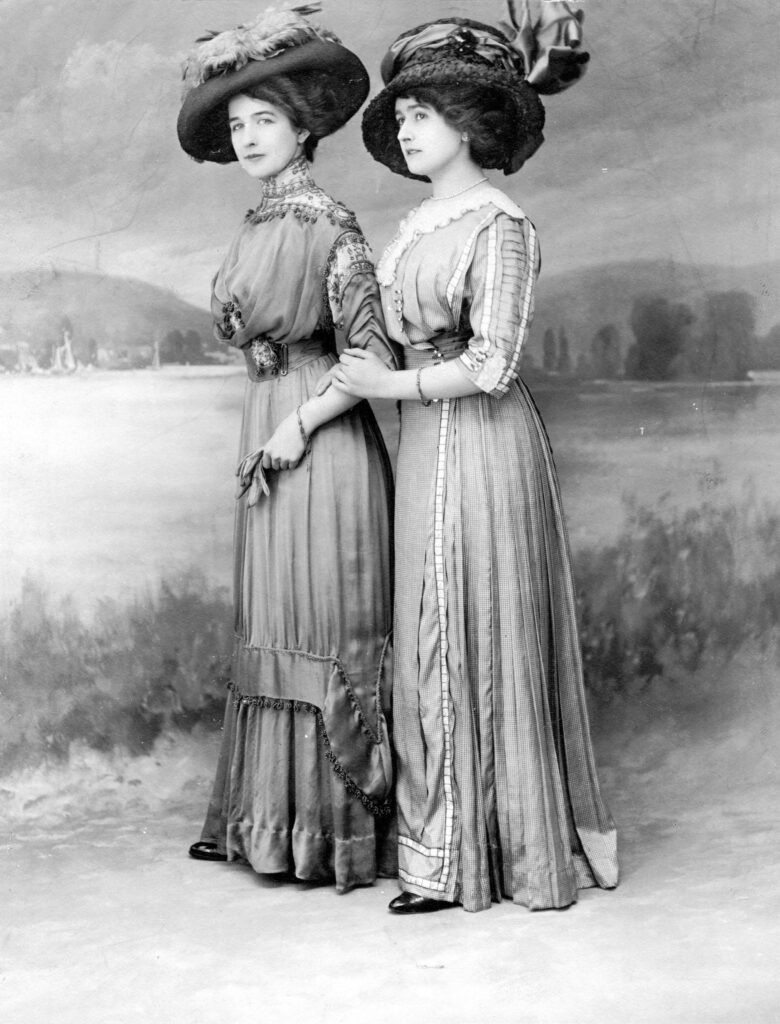
Incredibly, despite a century of struggle and progress, the emancipation of women is still far from complete. Nevertheless, women’s lives and life chances have changed beyond recognition, and generally for the better.
Men, by contrast, have responded quite differently to our long-running search for healthier self-expression within fairer social structures. Instead of recognising the need for a fundamental masculinity rebrand, they have offered only reluctant concessions to the feminist revolution. They push a pram here, wash a dish there, and bite their tongue from time to time if they remember. Mainly, however, (straight) men have seen little reason to question the status quo. This is disappointing but not surprising, since they were the main beneficiaries of the old regime. It helps explain why, a century after women saw the need to break out of jail, most men are still working in the prison system, locked up inside the toxic masculine equivalent of the oppressive femininity that the Flappers so marvellously rejected.
Whatever they might think, this faith in the Victorian values of hegemonic patriarchy has not served men well. Far from it. All the evidence and data have for some time painted a picture of men who feel increasingly lost and irrelevant in a world that, for reasons they do not quite understand, has failed to keep the promises that were made to them as boys. Dying regimes cling to past glories at their peril, and so it is with men. A century of opportunity for progress towards healthier masculinity has been frittered away. Like the once mighty factories of a bygone industrial age, men (especially straight white ones) have found they are no longer fit for purpose in a world that has inexorably changed. The speed of change is not slowing down, either. From #metoo to #blacklivesmatter to the explosion of diversity in gender and sexuality, patriarchal privilege and structural inequality are being called to account as never before.
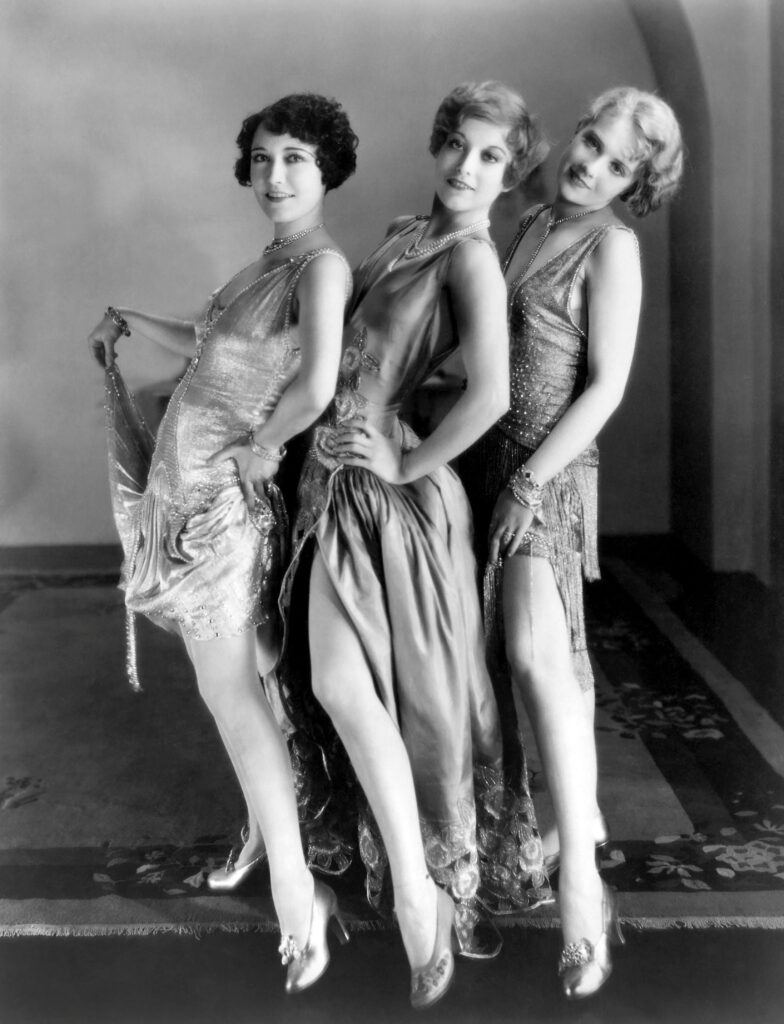
This time around, one hundred years after the roar of the exuberant Flappers first echoed throughout the Western world, it is men who must find the answers. So far, all those answers have been riffs on one theme: men must escape the constraints of ‘traditional’ masculinity to have any hope of leading full and meaningful lives.
It may be tempting for those of us who intersect with being female, queer or BIPOC to look on with glee as the big boss men who knocked us around now struggle to stay off the ropes. It’s a temptation we must resist. Instead, we should recognise that persuading men to ditch the outdated masculinity of the Victorian era will finally, fully unshackle us all.
That is why Barefoot Man has been developed over more than a decade to be part of a process of truth and reconciliation. Addressing a century of patriarchal prevarication, obfuscation and refusal to face reality, Barefoot Man offers men the platform and the support to take a stand, make amends and become part of the change the whole world needs to see. All while having a whole lot of fun, just as the OG Flappers did.
The Flappers of the 1920s expressed their freedom by ditching their corsets, cutting their hair, and wearing short dresses. One hundred years later, our men do it by confronting their privilege and taking off the heavy shoes of old school masculinity. Liberated from the physical and emotional constraints of traditional masculinity, they stand naked in front of the world, ready to be reborn as equals in a diverse, engaging and inclusive future.
Which brings us to the party! Freed from the prison guard uniform of patriarchal power, Barefoot Men can attend the shindig of the century as fellow guests. It falls to the rest of us to greet them warmly, maybe show them a few moves we’ve learned on the outside, and then enjoy a long overdue moment as these 21st century Flappers finally get on down.
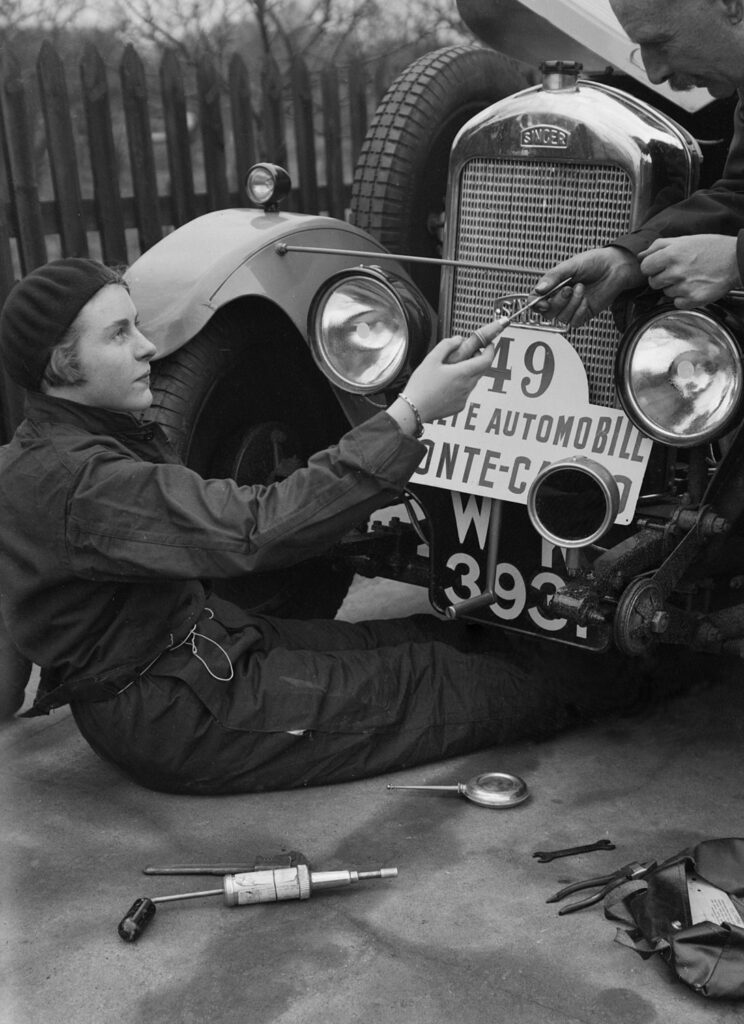
I had read the reviews. So when I settled into my seat for the new Barbie movie, I was already looking forward to hearing terms like ‘patriarchy’ being bandied about in mainstream entertainment.
We have been talking about ‘patriarchy’ and ‘heteronormative masculinity’ for years, and we get tired of explaining what these terms mean. Now we can just say “Go watch Barbie!”.
So here is my review. I love Greta Gerwig’s film. It is entertaining but also surprisingly nuanced. It embraces a concept championed by feminist writers like bell hooks (one of our favourites at Barefoot Man) that patriarchy is as much a cage for men as it is for women.
The setting of the movie is Barbieland, a fantasy realm where Barbies are adored and revered. In stark contrast, Ken dolls exist mostly to idolize their Barbies. Ryan Gosling’s poignant portrayal of Ken captures his struggle with feeling overshadowed by Barbie, who is brought to life brilliantly by Margot Robbie.
Ken’s journey to our reality exposes him to a topsy turvy world of reversed gender roles – AKA the patriarchy that we live in with varying degrees of consciousness today.
Inspired, Ken tries to emulate the male-centric dynamics of our world in Barbieland. But when the “Kendom” he creates and governs does not prove sustainable, he confesses that he had already become disillusioned by the patriarchy.
This narrative mirrors the challenges men face today. While a minority of affluent men dictate societal norms, countless others grapple with loneliness and rivalry. A 2021 survey revealed a disturbing percentage of men without close friends or meaningful social interactions. This isolation isn’t exclusive to cisgender men; trans men also experience these feelings post-transition.
The repercussions of such loneliness are alarming, with profound health risks akin to those of smoking. Male isolation can fuel self-loathing, sometimes manifesting as violent actions, including, tragically, mass shootings.
Social pressure to compete and conquer often pushes men towards toxic behaviours, evident in increasing domestic violence rates. This aggression can be traced to a system that judges men on their economic worth.
Although this system places burdens everyone, women have historically built platforms for their liberation, whereas many men are only now recognizing their own chains. Sadly, not all men are headed towards enlightenment. The “manosphere”, an online network promoting misogyny, offers a distorted view, blaming women for men’s woes rather than confronting the systemic issues.
Men’s liberation is essential, not just for their well-being but for society at large. That’s why our Barefoot Man education programme matters. We need to forge pathways for men’s transformation by encouraging greater introspection, a re-evaluation of life goals and values, and greater community involvement.
Everyone deserves a fair chance at happiness and fulfilment. Once men have explored and redefined the all-male space, they will be better equipped to help make the real world look more like everybody’s dream house.
This is something we explore briefly on our website at The Barefoot Way, and it needs all of us to work together.
This review by Angus Malcolm was originally published in the August issue of ROAR Portfolio. Go here to subscribe to our monthly digital downloads and browse our extensive range of digital content.
HUGGING TREES USED TO BE CONSIDERED BORDERLINE CRAZY. NOW IT FEELS LIKE WE ALL NEED TO HUG THE TREES WHILE WE STILL HAVE SOME! SO HOW ABOUT GUYS HUGGING EACH OTHER NAKED, REGARDLESS OF SEXUAL ORIENTATION, AND AS AN ACT OF INTIMACY RATHER THAN SEX?
When I offered to shoot a naked calendar with a team of rowers back in 2009, I knew that I wanted to create something meaningful; the nudity had to have a point.
It took me a while to understand that I was trying to process my own negative experiences of the school locker room as a queer kid, where I was surrounded by naked guys. These were guys that I could not look at, who did not know that I had no way to stop this from being an erotic space for me, and who might become physically violent towards me if they ever found out that it was.
I came to understand that the Warwick Rowers Calendar could be a declaration of intent from the straight alpha jocks who had made my life hell when I was a kid, and a way for me to reject the cumulative damage that had done to my life and to the lives of every man who finds himself on the wrong side of the rules, even if (or perhaps because) those rules seem to be written just for him.
The nudity in the Warwick Rowers became a statement of solidarity from a group of straight athletes who were open enough to listen to the perspective of a queer activist. They could see the homophobia in sporting culture, and particularly the homophobia in the male locker room. They saw how the locker room fantasies that feature regularly in queer male culture might reflect negative experiences.
That these young straight white men were willing to listen to me was already a huge step forward. That they were willing to take their clothes off in response, acknowledging the desire in queer culture to undress the straight athlete, took us all over the world with a message that many people clearly needed to hear.
We were amazed at how often things seemed to work out for our little calendar. It was like our message had come at just the right time, and maybe it had! It gave rise to a saying I would use when some new and spectacular coincidence would miraculously lift us up to the next level: God smiles on the Warwick Rowers.
This wasn’t about believing in God, but about some vaguer idea that things work out if you do the right thing. It helped me to challenge my queer disillusionment with spirituality. I came to understand that my problem was with organised religion – which might be more accurately described as religion organised by and for straight men. Nice try, guys, but nobody owns the copyright on the truth.
Over the last few years there have been moments when it has felt like God was not smiling on us anymore. Had we done something wrong? Was our message getting old? Had people moved on to new and more exciting ideas? Were we annoyingly hard to define within a new and increasingly polarised debate about sexuality, nudity, consent and abuse? Maybe it was time to shut up and go home?
We did not go home. Instead we learned not to quit the road just because we got a puncture. We learned that the hardships of the journey can be the help you need.
There has not been a moment during the last 14 years that did not teach us something. On a global voyage that included stops in Los Angeles, New York, Miami, Sydney, Marbella and, of course, around our birthplace in England’s West Midlands, we came to see that being a gay/straight alliance was a good start but was no longer enough: we had to reflect greater diversity on camera and off.
Since 2019 we have been working to become a more inclusive project that features athletes from a wide range of sports sexualities, ethnicities, and age groups. Our team behind the camera was always fairly diverse, and has grown even more so.
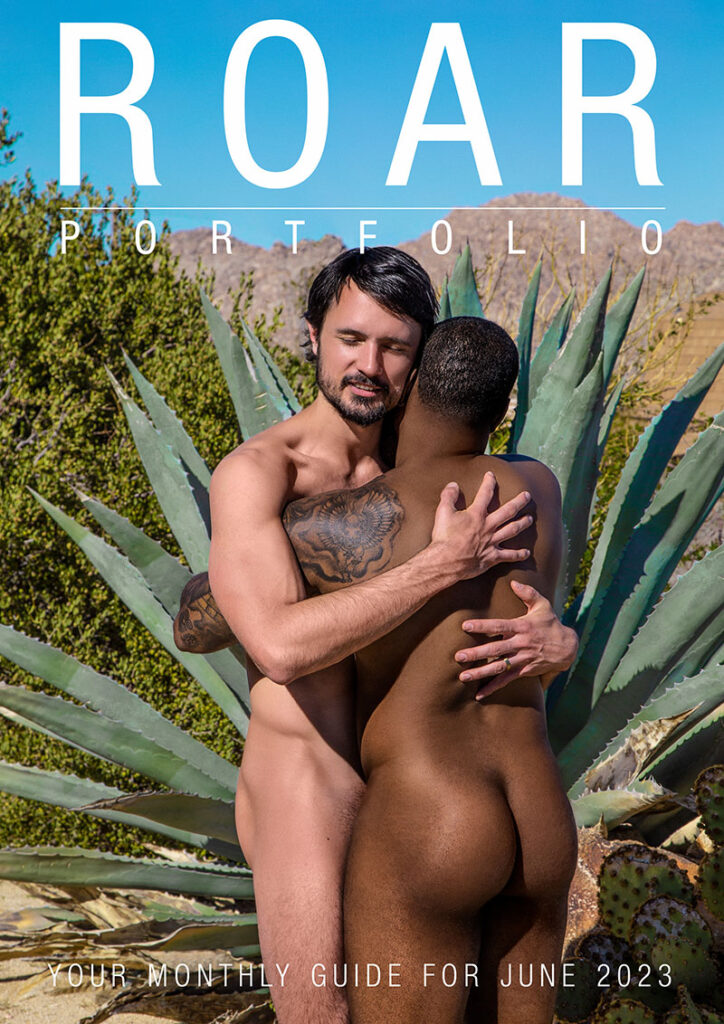
Our message has also broadened from challenging homophobia. Homophobia is one product of narrowly defined rules of masculinity that have determined who has power. These rules have excluded many of us from a full life with a whole range of excuses, including our sexuality, our birth sex, our ethnicity, and our economic status. Those of us who have been affected by these rules have been out there for a while, fighting for a fairer slice of the pie. It is why we are currently celebrating Pride Month, and long may that continue, because the battle is far from over.
The Warwick Rowers proved the power of allyship, but we came to see how allyship can reinforce privilege: we support you, but we are still not you. We saw the need to focus less on what divides us and more on what we have in common. The rest of us have learned to demand more rights; too many straight men have not learned how many rights they already have! We became determined to promote healthier masculinities by making men more conscious of their privilege. And, crucially, by helping them to see that privilege comes at a price. Prince Harry has recently been helping us with this, though coincidentally as far as I know… Feel free to prove us wrong, Harry!
ANGUS MALCOLM
Sport Allies is the small charity (registration number 1169945) that we set up in 2014 and have been funding ever since from sales of WR products. It is dedicated to making sport more inclusive. The charity funded research that shows how sport can improve everyone’s life chances and quality of life, yet many of us feel excluded from participating in sport on grounds of gender, sexuality, heritage or economic disadvantage.
The charity was delighted to get an anonymous donation of £5000 last week – and then a message from Joe Lycett this morning that this was actually from him! For anyone who missed the story, Joe is a famous UK comedian and TV personality. He challenged David Beckham international soccer star and long-time ally of the LGBTQI+ community to quit his highly paid role as brand ambassador for the Qatar World Cup, due to the regime’s ongoing homophobia, and homophobic treatment of their LGBTQI+ World Cup guests.
Angus Malcolm, founder and chair of Sport Allies, commented:
“Joe’s intervention in the debate over the World Cup has been truly inspired. It shows how effectively we can make our voices heard if we are willing to step up. We were happily watching with admiration from the sidelines, and were gobsmacked to find out that the funds had not been shredded and half of them were in fact in our bank account! We are deeply humbled that Joe has made us a part of such an incredible story, alongside our compatriots at Stonewall. He is an example to us all.”
Sport Allies uses film to bring simple but vital messaging to a global audience. Based on the research report we commissioned on the problem of homophobia in sport (available for download and sharing at the Sport Allies website), the charity created film-making partnerships that would share this learning through short films, made freely available to everyone. These films highlight concrete examples of people and projects who show leadership in making sport more inclusive.
Sport Allies are currently working on two new films that will build on a legacy that began back in 2009 (a year before the FIFA deal with Qatar) with the WR calendar. It shows that our calendar’s mission to challenge homophobia in sport is still relevant today, as part of a wider mission to make sport an exemplar in promoting human rights and healthier masculinities. To find out more about our aims and objectives, please visit sportallies.org.
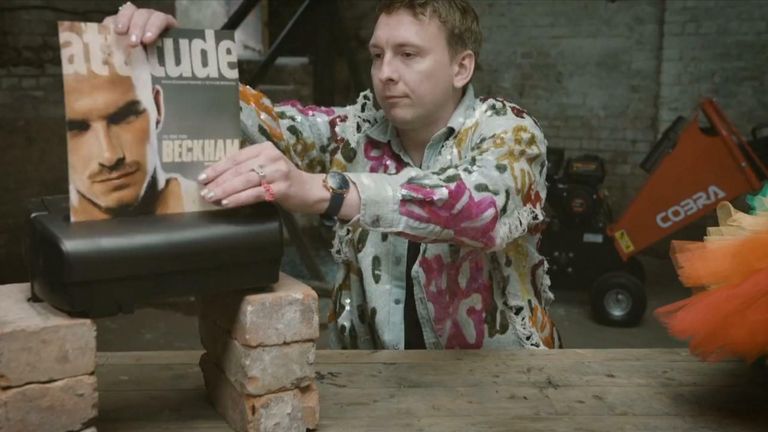
Here are some facts about Sport Allies:
As well as the £5000 donation from Joe Lycett, Sport Allies has also received over £5000 from nearly 500 donations to enter a Worldwide Roar exhibition, Seeing Men. Curated by acclaimed international artist and former Head of Culture for the London 2012 Games, Keith Khan, this virtual exhibition can be visited from anywhere in the world.
Not everyone has £5000 to give away, but the charity needs everyone’s support! And here is how we’ve made this fun for you… They receive ALL proceeds from entry donations to the Seeing Men exhibition here: https://barefootman.org/seeing-men-exhibition/ Enjoy!
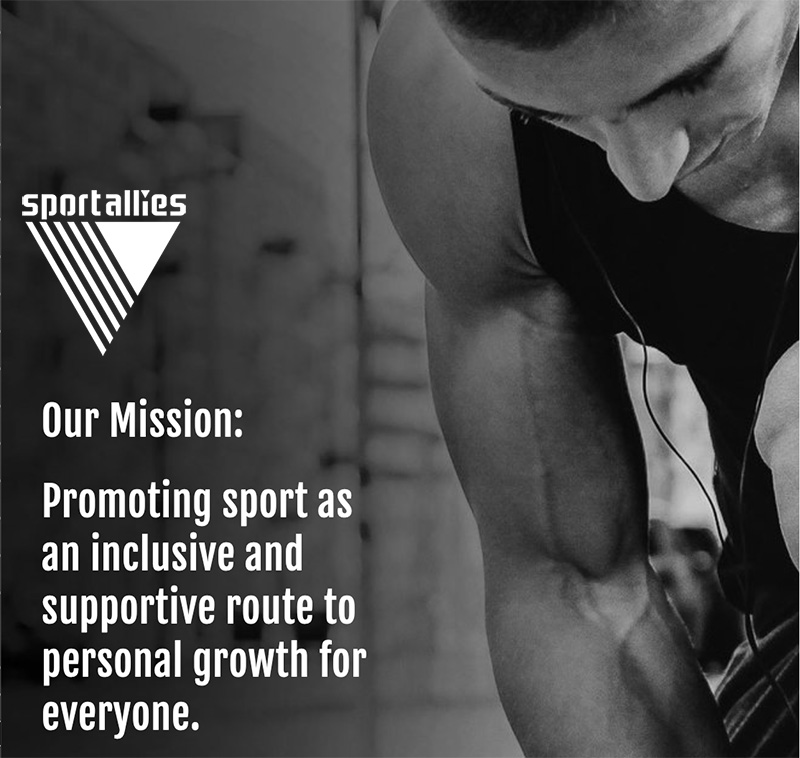
Angus Malcolm recently responded to questions from the Thomson Reuters Foundation regarding the Qatar World Cup:
Why is the LGBTQ+ community so angry about the World Cup being held in Qatar?
Because it is such a stark example of how money is more important than human rights – and not just LGBTQ+ rights. This project raises concerns about racism, misogyny and modern slavery.
For LGBTQ+ players and supporters, and their many allies within the sector, FIFA is showing the opposite of the leadership role we believe sport must fulfil. Sepp Blattr’s comments typify a ‘not our problem’ attitude that simply does not cut it anymore.
What is Sport Allies’ opinion about LGBTQ+ rights in Qatar?
We have to consider LGBTQI rights globally. Many countries and cultures are in different places regarding gender and sexuality. Wherever Qatar sits on the spectrum in this context, they have attracted the spotlight by seeking and winning the right to host a major global event. On that basis, they have no right to complain that they are being criticised for their rights record now. They must reflect that they have been included in a global conversation at their own request.
I hope that one day they as a country will look back on the World Cup as the moment when real progress towards freedom began for their LGBTQI community and for the wider population. Only time will tell. The rest of us must consider human rights issues when making decisions about the hosting of global events – as a human rights promotion charity, we believe that most situations can be learning opportunities.
What should footballers/football teams competing in the World Cup do in terms of showing their opinion/disapproval of queer rights in Qatar?
We strongly supported silent visual disruption such as the armbands for captains and other peaceful gestures. Our funding project the Worldwide Roar has been doing this for fourteen years. WR asks male athletes to embrace public nudity as part of an experiment to change perceptions of sporting culture and highlight the difference in how our society looks at men’s and women’s bodies. We can be creative and impactful by being resourceful, just as Joe Lycett has been?
Should they be going full stop? Does Sport Allies support a boycott – as many LGBTQ+ football fans groups do – of the World Cup?
If there are going to be any people in the room, I think it’s probably better to be there with them, making yourself heard.
It’s also unfair on the players and the many support workers who might only have one opportunity to take part in a World Cup. The problem is FIFA’s decision, and the corrupt, dysfunctional culture that produced this outcome. Only FIFA and its most deeply implicated enablers should suffer the consequences.
And, overall, will the spotlight on queer rights in Qatar over the duration of the championships actually change anything – both in Qatar and the Middle East more broadly?
Change starts with seeing the problem. This is a chance to raise the bar for sport and hold its feet to the fire. It is a bang up-to-date, 2022 textbook example of what happens when sport fails to play a leadership role in society. The players and supporters who have put their faith in this culture have been badly let down.
At Sport Allies and our fundraising project, Worldwide Roar, we have been proving for years that sport can do better! Sport can lead change and it can reward its supporters by ensuring they get the support they deserve in return.
Hopefully, both locally and globally, this World Cup will offer a platform that gives people a glimpse of life beyond their own cultures – both those of us who are complacent about our rights and those of us who have not yet dared to believe it can get better.
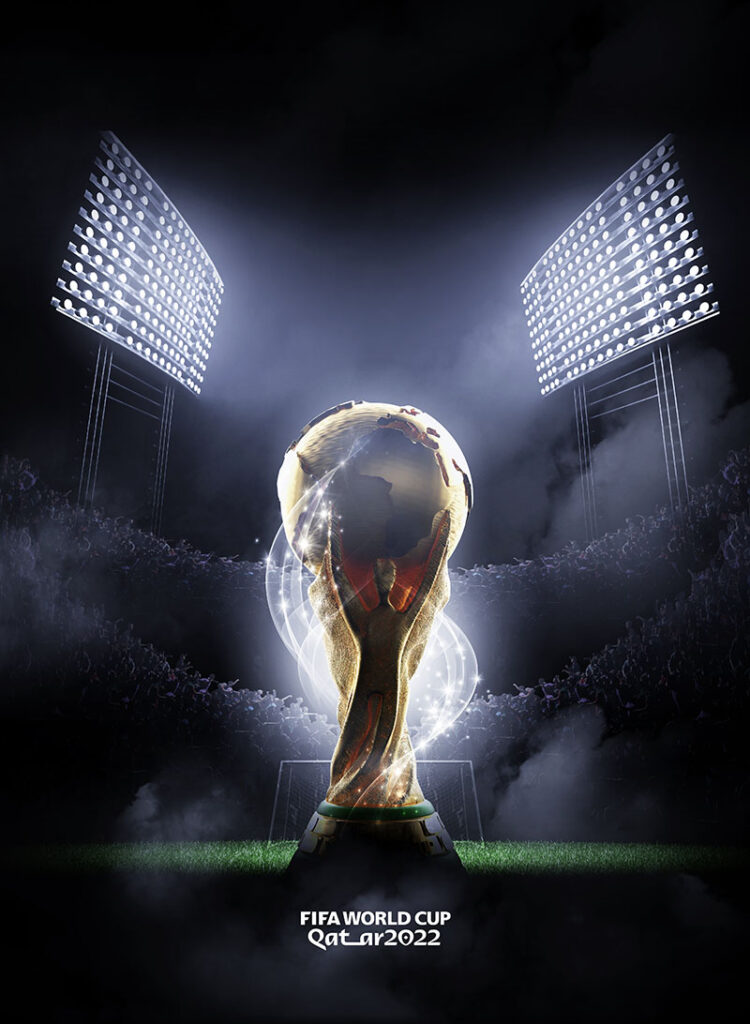
Our project was built on creating and promoting disruptive perspectives on the male body. As we have explored how to manage the legacy of a small student calendar that stumbled into the hearts of many around the world, we have taken inspiration from the late 19th century revival of the ancient Greek games. With a limited budget, our contemporary version will, initially at least, revolve around filming sport on a relatively small scale in multiple locations but it will very much have something in common with the modern Olympiad.
Just as Baron de Coubertin and his followers sought to do in the 1890s, Worldwide Roar will aim to put sport at the heart of addressing a range of contemporary issues. But we will face the very different needs and values of the twenty-first century by embracing a core principle of the original Greek games that would have been unacceptable to the Victorians: the social value of male nudity.
With the help of academics and training experts, we are perpetuating the Warwick Rowers journey as a personal growth and social advocacy opportunity for male athletes. Our journey will empower sportsmen to become change agents through exploring their relationship with their bodies, masculinity, vulnerability and power. Our experience shows that a combination of individual and team-based nudity liberates men to become more conscious of their gender and sexuality, along with the key role these play in their life chances, life experience and social impact.
We have already shown that men can confront and overcome the unwritten rules about masculinity that have restricted their lives as well as the lives of the many people around them. Now we need to take that proof to the world.
This is about men confronting their physicality, exploring how it has affected their relationship with masculinity and seeing clearly how the resulting sense of power and invulnerability has impacted their mental health and the mental health and life experience of others.
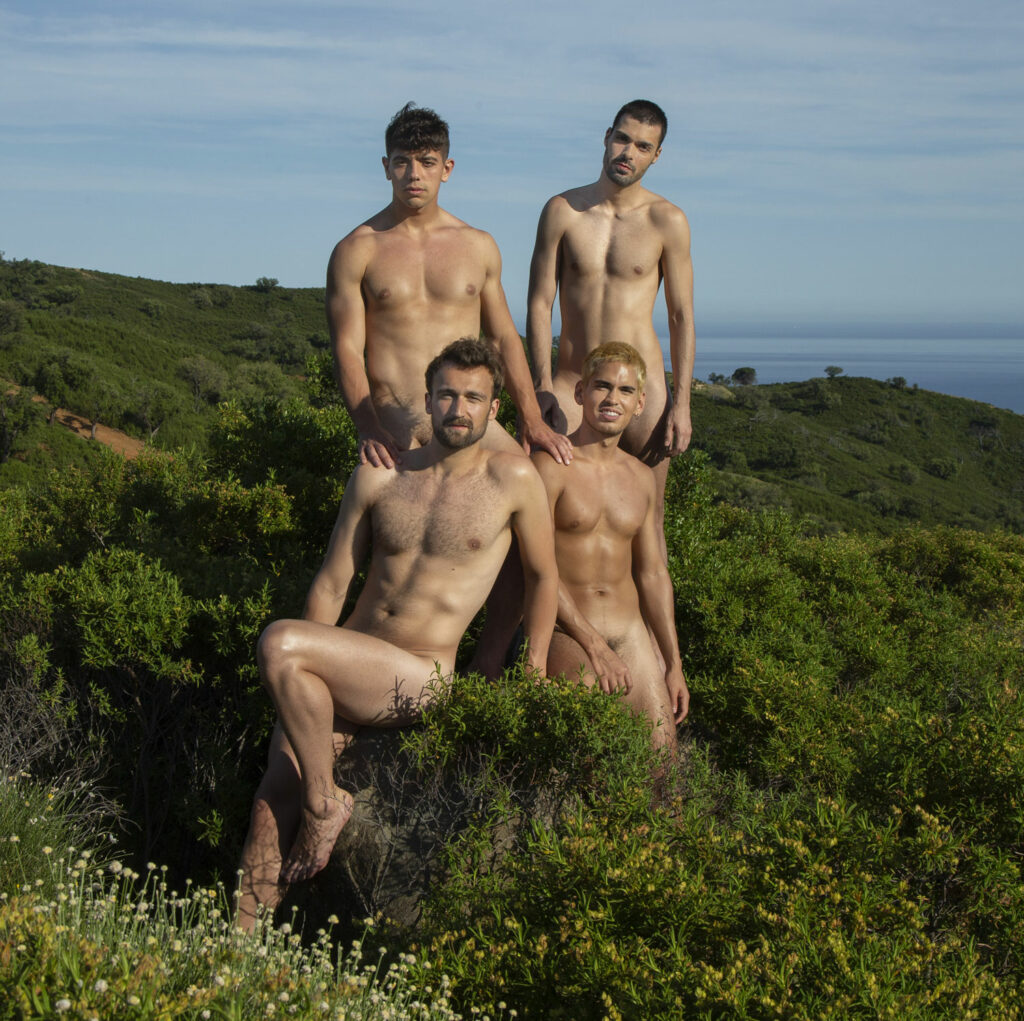
While WR will curate content, evaluation is being carried out through an independent academic study conducted by researchers at Leeds Beckett University in the United Kingdom and the University of Calgary in Canada. The study will share its findings through peer-reviewed journals and academic publishing. You can read more about the research study and how it will evaluate WR here.
WR will 🐣 support long-term development 🐣 through online and real-world spaces that offer participants continuing support to become and remain effective change agents.
Registered charity partner Sport Allies will also produce media content through a partnership with London Film School and SKY Sports.
As we enter our second decade, we have a clearer idea of what we’re doing and how we are going to get there. It’s going to be a fun ride, so don’t miss out!
Angus
In a recent post about our new website, I identified a parallel between the work we’ve been doing to develop our project and the work that needs to be done on masculinity itself. Masculinity needs a reboot, with fresh inputs from more diverse voices.
All of us at WR are committed to engaging men in that transformation, encouraging them to collaborate across sexualities, ethnicities, religious and political beliefs to share different perspectives on becoming better men.
We are here to support men to build healthier masculinities for themselves, and to understand that their work today will help to build a better home for all among the generations to come.
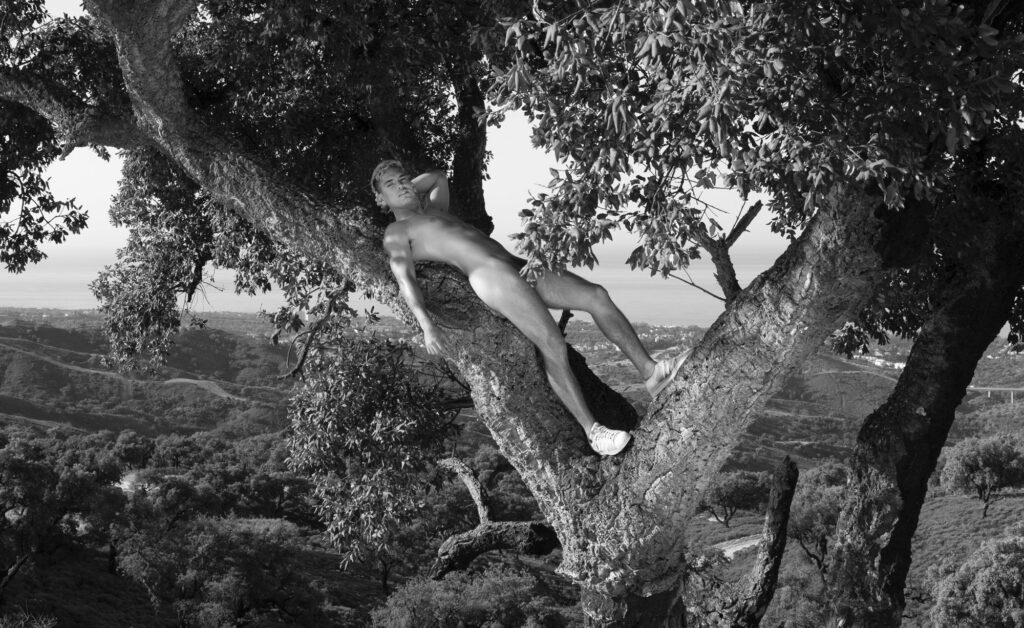
When we started the Warwick Rowers calendar back in 2009, there was no blueprint, no grand design, no five-year plan – just an LGBT hobby photographer (me) who had noticed a growing number of amateur naked calendars, and a university rowing club that needed to raise some funds.
With one group of boys from one boat club at one university, we were able to create a campaigning calendar that grew organically from those humble beginnings into the world’s leading straight ally campaign. Our message drew the attention of senior politicians and national sporting bodies, as well as internationally-recognised celebrities like Sir Elton John, Sir Ian McKellen, Stephen Fry, Kylie Minogue, Boy George, George Takai, Derren Brown and many, many more.
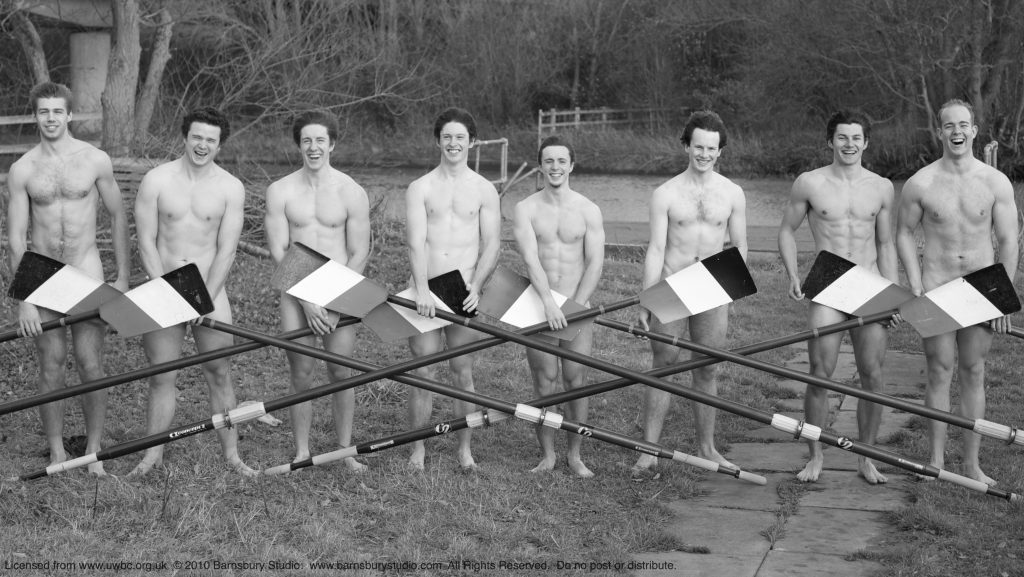
By the time of our tenth anniversary edition, our calendar featured the world’s fastest rower (New Zealand’s Robbie Manson) and had established and funded Sport Allies, a registered charity that works with media partners that include London Film School and SKY Sports to make sport a home for everyone. We were also well on our way to completing the five book cycle that brought frontal nudity to WR and helped us to define our own rules as a project.
Now, as the Worldwide Roar, we DO have a blueprint and a long-term plan. With the support of academics at Leeds Beckett University in the UK and University of Calgary in Canada, our own team of creatives and operatives and our thousands of individual funders around the world, Worldwide Roar is growing into an academically-guided experiment in social activism, personal development and mass participation art based in sport.
WR will lead university and amateur sportsmen on a journey that will support them to explore their relationship with their masculinity and how that relates to their self-esteem, their personal relationships and their ability to effect change in the world around them.
It’s a much-needed make-over that we’ve all been waiting for.
Angus

Welcome to our new website! We’ve finally gone live after months of planning and countless zoom meetings throughout various lockdowns across the European countries where the WR team is based. It’s been a challenge, but here we are!
We hope you will love the new look and interface. As I promised when I wrote to supporters earlier this year, we are doing everything we can to make supporting WR as easy and enjoyable as possible.
The move to the new site has been a massive undertaking for us and our new web development partners at Appeal Digital in Bristol, England. I am deeply grateful to everyone involved for keeping the show on the road, especially during such a difficult time. Special thanks must go to Luke and his team at Appeal, and to Paddy, Holly, Ann, Lucas, Amir and Nickie at WR.
Most of the work has gone into the parts you cannot see, like moving tens of thousands of accounts with digital purchase histories dating back over a decade. There will almost certainly be a few teething problems over the next couple of weeks and we will very much welcome your feedback to sort them out as quickly as possible.
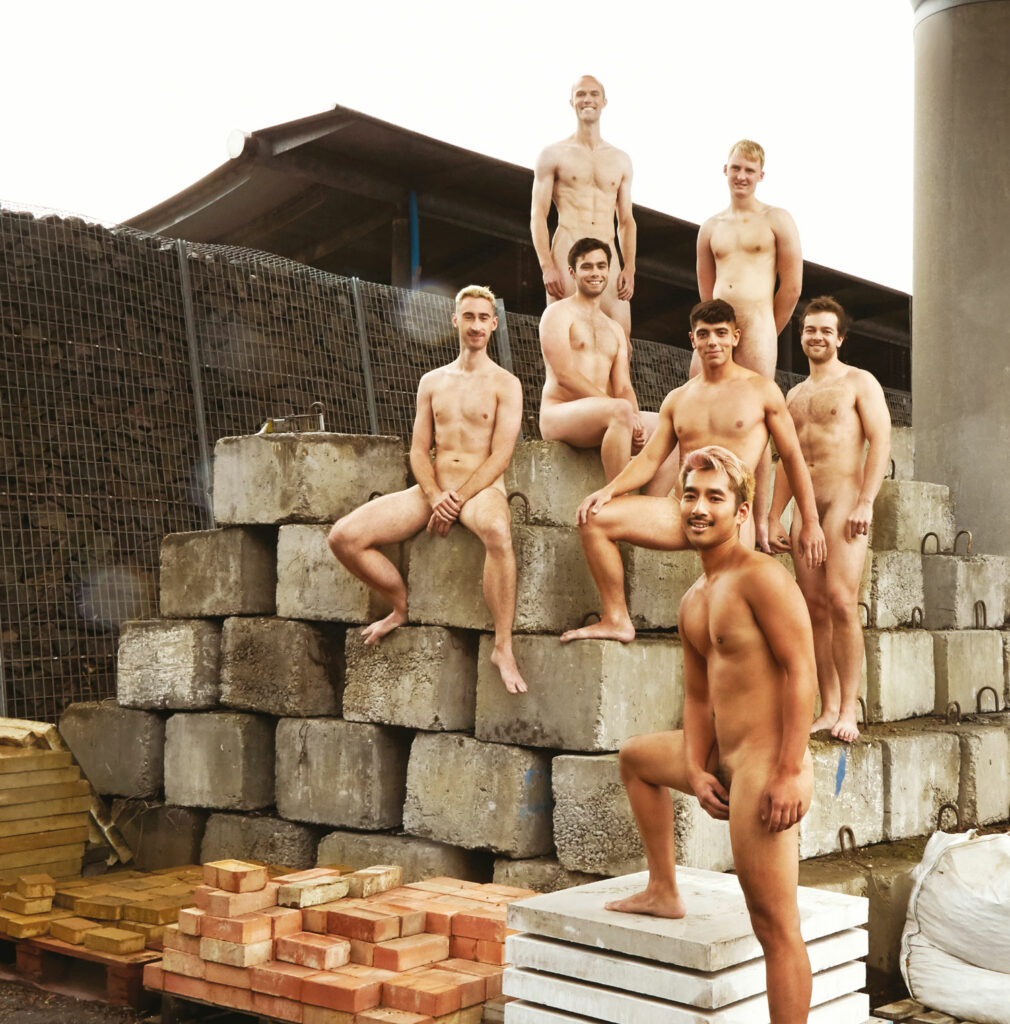
Working on the website with the team has reminded me that building sites are always a bit messy and disruptive, but that disruption is also how we create change. From dust, noise and chaos, something new and inspiring can arise.
It’s not just the WR website that needed a makeover this year. Masculinity itself must now become a building site.
The structures of hegemonic masculinity and patriarchal privilege are racist, misogynist, homophobic, restrictive and repressive. They are a health and safety threat to everyone. They must be renovated, updated and remodelled into new structures that everyone can live in, live with and enjoy.
If we peer through the noise and dust of today, we can see that building work has started and the transformation is underway. We can see the beginnings of something new, more open and inspiring in the progress being made by women as well as BIPOC and LGBT communities.
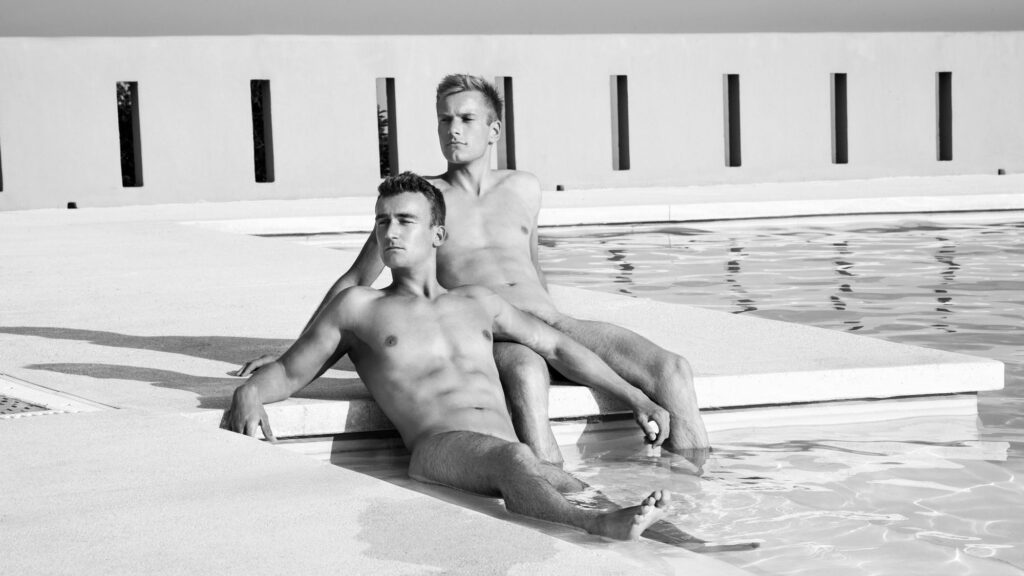
With your support, I believe WR can play a significant role in that process of transformation and renewal, not least by changing how we look at men. There’s still a long way to go, but we have a big vision for our future. Over the coming weeks and months, I want to share that vision with you.
Angus.